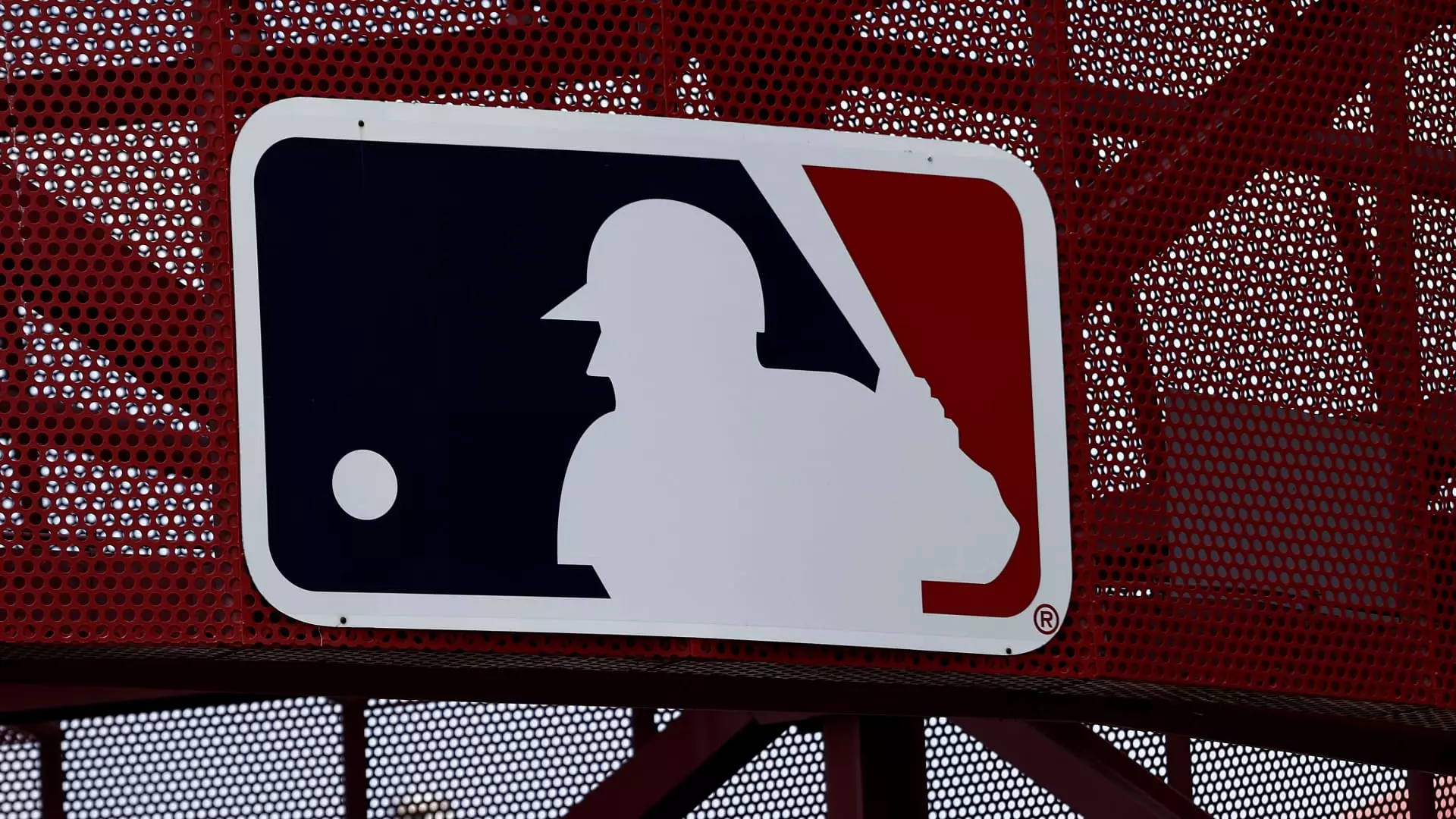In a recent bankruptcy court filing, Major League Baseball (MLB) and the Atlanta Braves voiced their serious concerns regarding Diamond Sports Group’s proposed reorganization plan. As the largest owner of regional sports networks in the United States, Diamond Sports Group finds itself navigating a treacherous path fraught with financial instability. The objections from MLB and the Braves underscore the precarious nature of Diamond’s future, suggesting that unless substantial changes are made, the company may soon find itself once more in the grips of financial upheaval.
The filing explicitly states that there exists a “substantial likelihood” that Diamond Sports could face the same dire straits it currently finds itself in, raising questions about the viability of the current restructuring proposal. Both the league and the Braves have an undeniable vested interest in ensuring Diamond’s success; however, their apprehension stems from a perceived lack of clarity and assurance regarding the plan’s sustainability. Such skepticism not only threatens the relationship between these entities but also casts a shadow over Diamond’s operational future.
A focal point of the objections primarily involves the inadequate information surrounding Diamond’s proposed restructuring. With a staggering 181 pages distributed across 20 documents, stakeholders, particularly those from MLB and the Braves, have cited confusion and imprecision as critical issues that need addressing. According to Diamond’s attorneys, they are constrained by confidentiality agreements with distribution partners and, as such, are unable to share further details. This lack of transparency only magnifies concerns, as investors and partners alike are left in the dark about the financial health and strategic direction of the company.
Compounding these worries is the ongoing speculation regarding Diamond’s commercial partnership with Amazon. While talks are reportedly still active, neither party seems willing to clarify the intentions and potential outcomes of this collaboration, further heightening the anxiety surrounding the situation. The inability to delineate a clear strategy for partnerships and revenue generation could put Diamond’s sustainability at risk in an increasingly competitive market.
The changing landscape of media consumption adds another layer of complexity to Diamond’s revival efforts. With a significant migration away from traditional cable bundles, MLB and the Braves have raised alarm bells regarding Diamond’s direct-to-consumer plan — a strategy that will be crucial for the company’s future stability. As more consumers turn to streaming platforms instead of traditional television, companies like Diamond must evolve quickly to retain their audience. Failure to adapt could jeopardize not only the company’s viability but also the media rights that are essential for franchises like the Braves.
MLB’s historical scrutiny of Diamond’s financial strategies, including recent inquiries into a naming rights deal with FanDuel, shows that there is a pressing need for more proactive engagement and oversight. Transparency in such arrangements is crucial, especially for companies looking to maintain and enhance their partnerships in the rapidly changing media space.
Despite the objections raised by the Braves and MLB, Diamond Sports Group has managed to secure agreements with some teams, such as the St. Louis Cardinals, indicating that some franchises remain cautiously optimistic about their future with Diamond. However, the situation remains tenuous, as evidenced by the Cincinnati Reds’ recent decision to exit their partnership with Diamond altogether. These developments reflect a fractured landscape where trust and confidence need to be rebuilt.
As the Braves, a publicly traded entity poised at a significant crossroads after separating from Liberty Media, navigate their recovery following the split, their decisions concerning regional media rights will undoubtedly have lasting repercussions. The ongoing negotiations and adjustments highlight a precarious balance of interests between franchises and their media rights partners; with an uncertain future ahead, the stakes have never been higher.
Diamond Sports Group occupies an increasingly fragile position within the sports media industry. The articulate objections from MLB and the Braves serve not merely as a critique but instead as a clarion call for transparency and a robust strategy that prioritizes long-term viability over short-term fixes. As stakeholders await Diamond’s response to these pressing concerns in the coming days, the broader implications of this situation will be closely watched across the sporting landscape.

